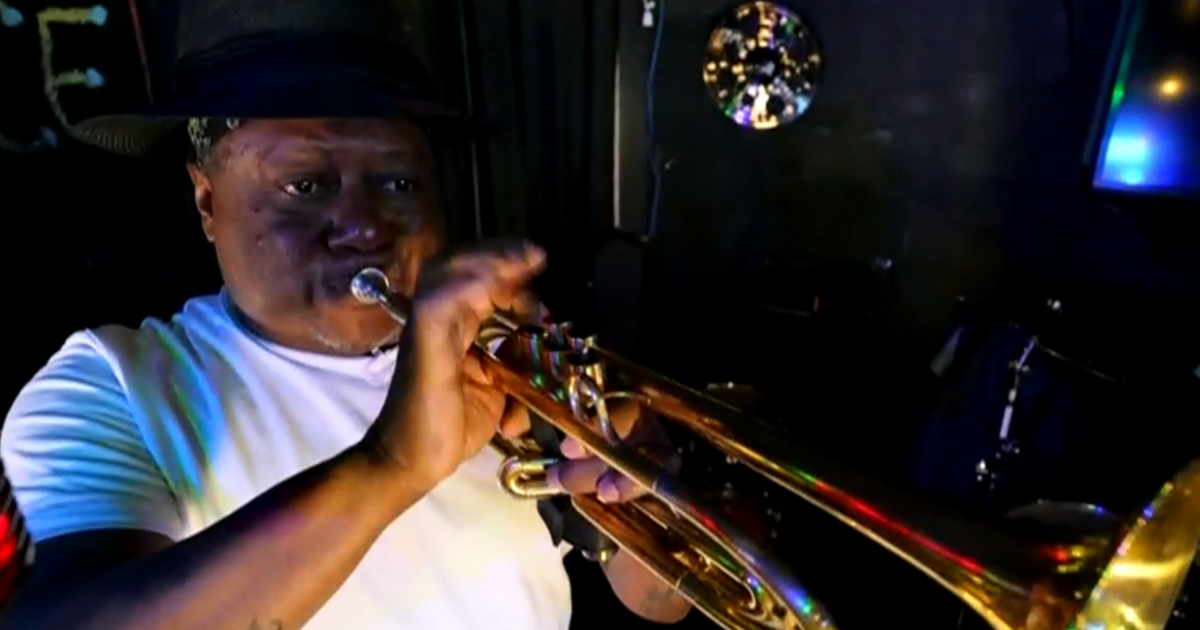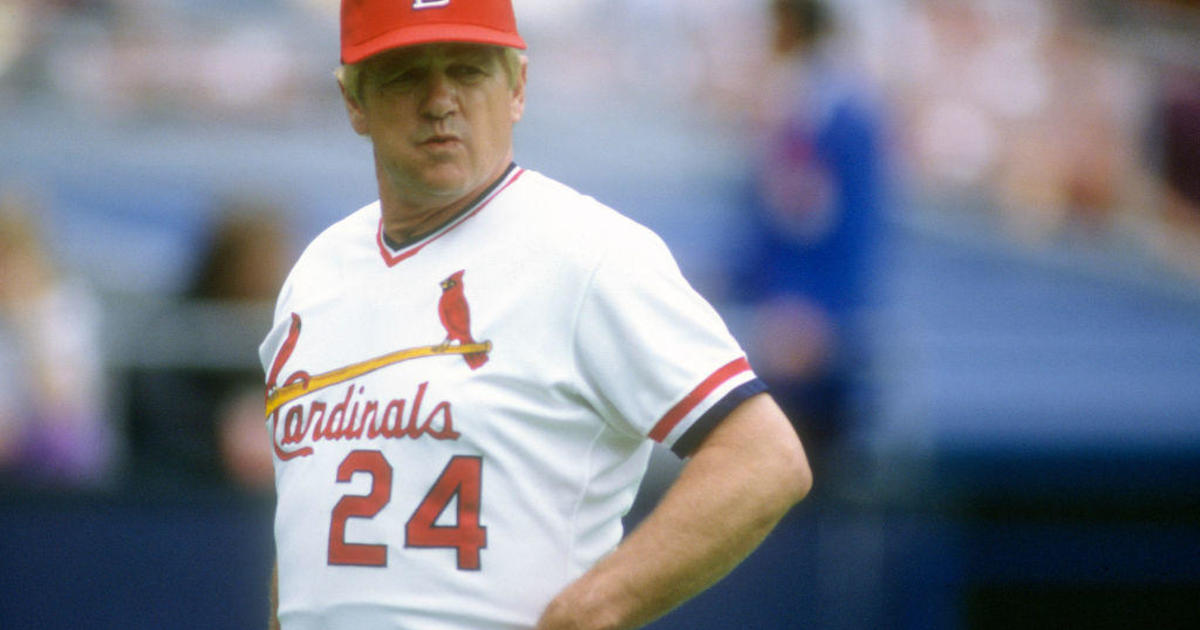Roxy Music's Bryan Ferry looks back on the pioneering art-rock band's lasting legacy
With its blend of glamour and art school eccentricities, Roxy Music blurred the boundaries of rock music. Formed in Britain in 1970 and led by Bryan Ferry, the band was highly influential in the rock world. It added avant-garde elements of fashion and art to its performances, paving the way for bands such as U2, the Talking Heads and Duran Duran.
Before a special reunion performance to celebrate the band's induction into the Rock & Roll Hall of Fame, "CBS This Morning: Saturday" co-host Anthony Mason sat down with lead singer Bryan Ferry to talk about the band's legacy.
"Did you have a sense of what sort of sound you wanted to make?" Mason asked.
"I wanted to explore different styles of music," Ferry said. "I didn't want any limitations style-wise. … It kind of ended up being a sort of collage effect."
Ferry grew up near Newcastle in northern England where he delivered newspapers and magazines as a boy.
"And I would just walk down the street reading avidly all these articles about Charlie Parker and so on, these kind of giants of music coming through Newcastle. I'd go and by my cheap ticket, and sort of digging this music in my little white trench coat," he said. "I was really moved by all that music. I just thought it was marvelous and the feeling has never really left me."
Ferry's father took care of the horses in the coalmines, which is partly why he never thought music was a possibility for him.
"Very hardworking guy. So I had this strong working class kind of work ethic from a young age," Ferry said.
Ferry started writing songs while studying art at the University of Newcastle. He met saxophonist Andy MacKay, who introduced him to Brian Eno, who would man the synthesizers. Paul Thompson joined on drums and Phil Manzanera on guitar. Then they were Roxy Music.
Their first single, "Virginia Plain," soared to No. 4 on the British charts. Their look was as distinctive as their sound.
"We kind of experimented with that, too," Ferry said. "All of us in the band were quite shy, kind of reserved characters. And dressing up to go on stage made it easier for us kind of, too. You step out of character. It was like being theatrical. It was like getting into a role or something. It kind of made it easier for us to perform kind of."
But in 1973, Brian Eno left the band and went on to collaborate with artists like David Bowie and U2. Eno's departure was a major turning point for the band.
"It happens in lots of bands, you know, where people want to go do other things," Ferry said. "It upset a lot of people because they liked us being together."
In all, Roxy Music would release eight albums. Three went to No. 1 in Britain, but the U.S. was harder to crack until their final album. "Avalon," released in 1982, sold more than a million copies in America. Ferry disbanded the band after that but continued a successful solo career.
On Friday night, Roxy Music finally made it into the Rock & Roll Hall of Fame, inducted by Duran Duran, a band they greatly influenced, and Ferry reunited with two of his original Roxy bandmates, Andy MacKay and Phil Manzanera.
But it's likely the last time we'll hear Roxy Music.
"I should imagine so," Ferry said. "So you'd better make the most of it."



